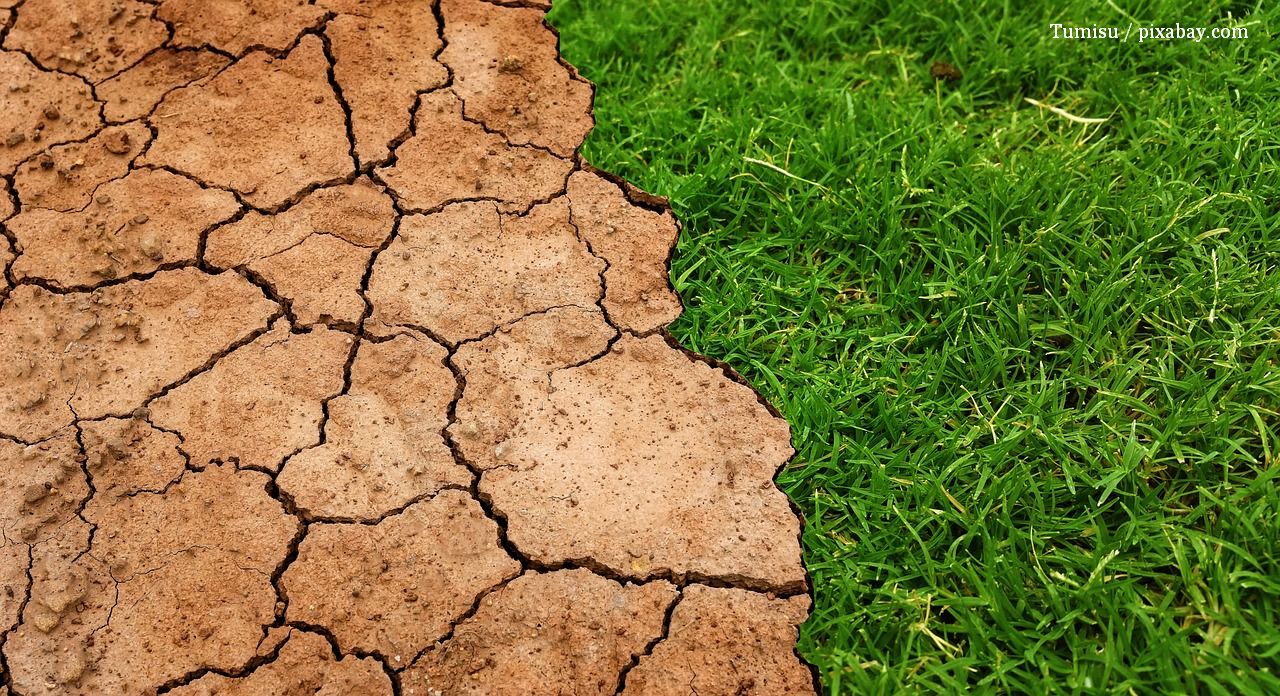Green Europe 2050
Achieving climate neutrality by 2050 is an objective of the European Union

Corina Cristea, 24.10.2025, 13:08
Achieving climate neutrality by 2050 is an objective of the European Union. An ambitious one, which involves transforming the sectors related to industry, energy, transport, buildings, agriculture or forestry, and which involves taking action to reduce the amount of net greenhouse gas emissions to zero, while implementing means by which even this reduction can be absorbed or compensated for. The subject is a sensitive and pressing one, because pollution is currently the greatest global challenge. Toxic air shortens lives, plastic suffocates the oceans, and climate change is no longer just a theory, but a reality that we breathe, see, feel every moment. A reality that demands responsibility, for governments and for companies. But also for each individual, starting from reducing food waste, to using public transport or recycling. Pollution also means soils poisoned by pesticides or uncollected electronic waste, and every careless gesture comes back to us in the form of contaminated food or respiratory diseases that occur in industrial areas, but also in urban areas. Oana Neneciu, from the Ecopolis Association, said:
“Aggressive industrial pollution is indeed a discussion. But what happens to us in cities is that we live in alarming levels of pollution with fine particles that we do not see or feel and which, over time, slowly but surely, greatly affect our health. Hence the reports of the World Health Organization that draw attention every year to this atmospheric pollution in urban areas. It is not industrial pollution or that you can necessarily smell or see. It is invisible pollution, which, every year, prematurely kills over eight million citizens worldwide.”
In short, the European Union’s goal of becoming climate neutral means fewer carbon emissions, more green energy, clean transport and smart cities. By 2050, Brussels is investing heavily in renewable energy, innovation and environmental education. But a change in mindset is also needed, and ideally this should happen at a global level. But with less than a month to go before the 30th United Nations climate change conference, more than half of the world’s countries have no plan to reduce CO2 emissions, says expert Radu Dudău, president of the Energy Policy Group, an independent organization focused on energy and climate policies. Speaking at a specialist event in Bucharest, he noted that climate diplomacy faces a number of challenges, including the withdrawal of the United States from the Paris Agreement on climate change. Radu Dudău:
(English track, with overlay): “We are now at a critical moment, because some of the foundations of climate diplomacy are being questioned. There is a state of confusion worldwide regarding the scientific consensus and especially the public perception of the scientific elements that underlie climate science. Although we are talking about very solid climate science, it seems that its public acceptance is eroding worldwide. So there are many challenges, and the member states of the UN Convention on Climate Change must present their nationally determined contributions. Basically, they must say exactly what they will do and what targets they set to reduce carbon emissions.”
Investments in technology transfer to developing countries will be crucial, because the very generous commitments of the past seem not to be respected and are unlikely to be fulfilled under the current approach, believes expert Radu Dudău. Climate change knows no borders, and climate action is a strategic investment in our collective security, health and prosperity. Urban transformations are needed, experts say. Grațian Mihăilescu, founder of the UrbanizeHub platform:
(track): “Cities, due to pollution, are becoming increasingly unbearable. We see what summers are like in Bucharest. And then, these urban transformations are needed. We need air quality, we need quality of life, we need green spaces, we need urban planning, we need to reduce the carbon footprint of buildings.”
Every gesture counts because every car that passes by us, every package thrown away at random and every wisp of smoke that rises from a production unit adds an even darker touch to the picture of the air we breathe. Official data shows that, due to heat waves generated by climate change, 32 thousand people have died in Europe this year alone, before September.






























